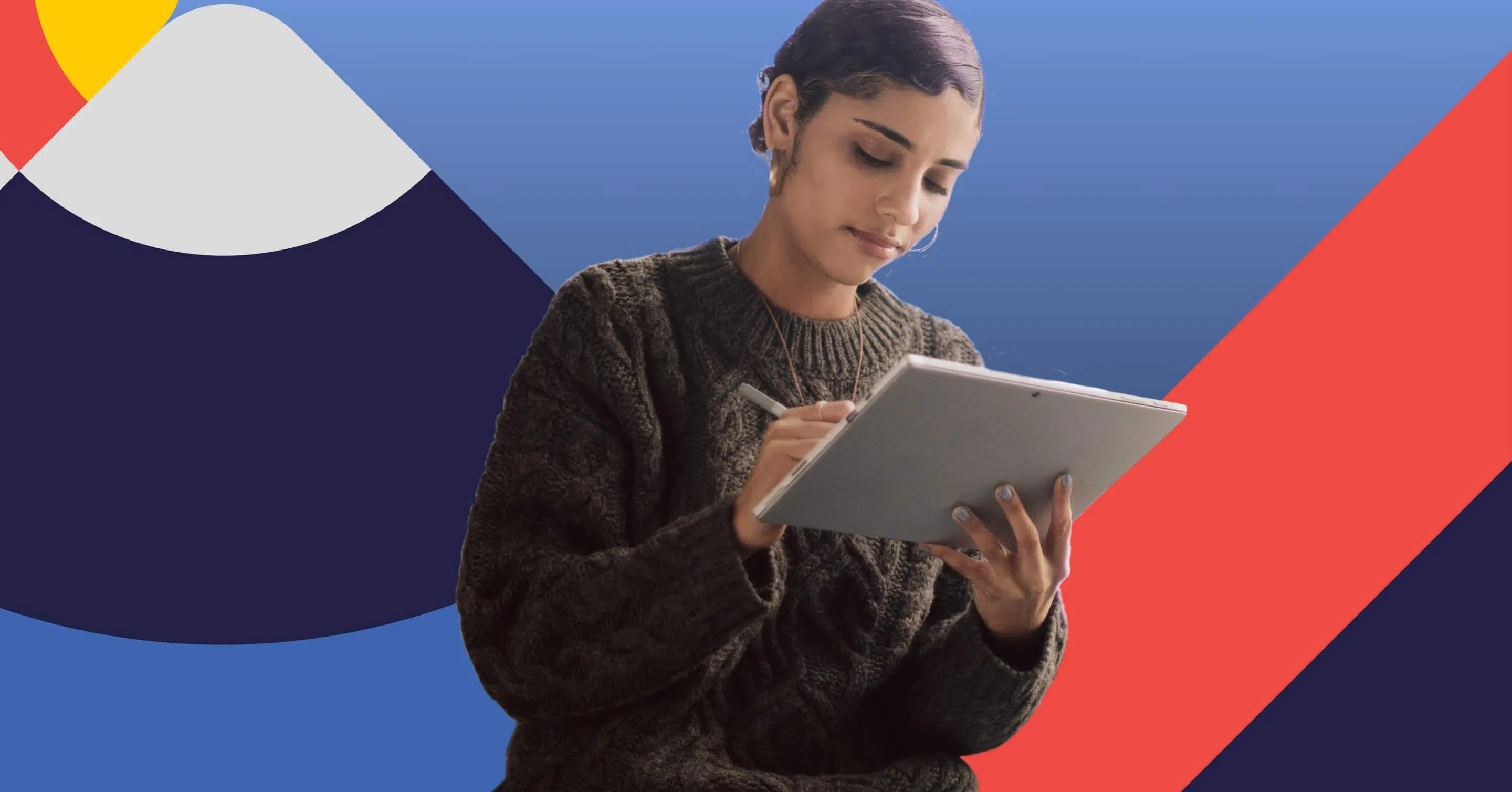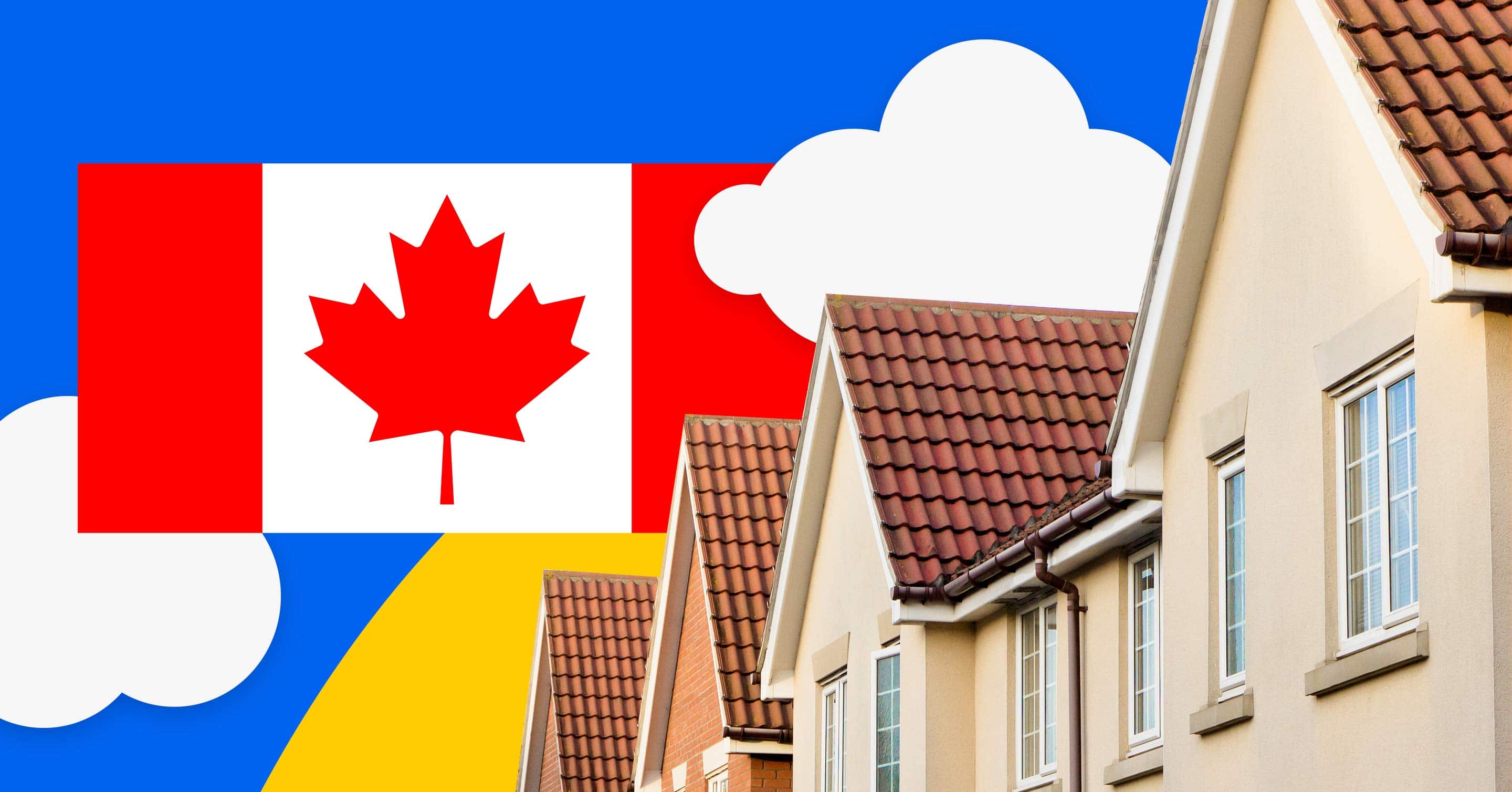Secured vs Unsecured Debt: What You Need to Know

Table of contents
Canadians utilize credit for their everyday needs to improve their financial wellbeing by building their credit profiles and scores. When borrowing, you have two options: secured or unsecured credit.
Secured debts use your assets as collateral, qualifying you for higher borrowing limits and lower interest rates. Unsecured debts require your promise to repay instead of collateral and may be harder to qualify if you lack a good credit score. Unsecured credit usually comes with higher interest rates to compensate for the added risk.
Whether you’re applying for credit for the first time or managing existing debts, understanding the differences between secured and unsecured debt and how you can use the value of your asset to access credit and obtain lower rates can help you make better borrowing decisions.
Key Takeaways
- Secured credit is backed by collateral, often offering easier qualification and lower interest rates.
- Unsecured credit relies solely on your promise to repay, creditworthiness and income and carries higher risk.
- Both types of debts influence your credit score, directly affecting future credit and mortgage approvals.
What Is Secured Debt?
Secured debt is backed by assets that are used as collateral in the event you default on payments. Typically, secured loans are for more considerable sums and are repaid over several years. The assets you are financing are typically used as collateral for the debt, like property (mortgage) or a car (car loan). Since lenders can recover the asset used as collateral if you default, these types of credit are a lower risk to them, which often translates into lower interest rates.
Common Types of Secured Debt
- Mortgages – secured by your home equity.
- Home equity lines of credit (HELOCs) – secured by your home equity.
- Car loans – secured by your vehicle.
- Secured credit cards – require cash as collateral or can be secured by your home equity, GIC, high-interest savings account (HISA) held in a non-registered account, etc.
What Is Unsecured Debt?
Unsecured debt doesn’t require any collateral; it is based on your credit history and a promise to repay. Lenders will review your creditworthiness, including your credit history and finances, to ensure you can repay what is borrowed. Unsecured credit is typically used for small or short-term expenses and is repaid over a shorter timeframe.
Since no collateral secures these types of credit, interest rates are usually higher due to the higher risk to the lender. Failure to make payments could mean your lender goes after you to recover the funds. They may take money directly from your bank accounts with the same lender (the right of offset) or send you to collections to recover the debt.
Common Types of Unsecured Debt
- Credit cards
- Personal loans
- Lines of credit
- Student loans or lines of credit
- Phone, mobile, internet or hydro bill
Find a better rate, and we’ll match it, beat it, or give you $500*.
*Conditions Apply
With nesto, it’s stress-free
How Do These Credit Types Affect Mortgage Eligibility?
Your credit profile, including secured and unsecured debt, and the length of time you’ve managed those debts impact how lenders view your mortgage application. Lenders assess your debt service ratios and credit score when determining your eligibility and interest rate.
Your total debt service ratio (TDS) includes student and car loans, lines of credit, and credit card balances as part of the calculation. Higher debt levels can impact your ability to qualify for a mortgage if your TDS ratio is too high.
Your credit score is calculated using a scoring model that considers various factors, such as payment history, credit history, utilization ratios, and credit mix. This overview includes all credit accounts, including secured and unsecured. Having a good mix of credit and a lengthy history of making payments on time while keeping your credit utilization (ratio of balance over limit) at or below 30% will help increase your credit score, making it easier to qualify for a mortgage.
Tips to Manage Credit Before a Mortgage
Managing secured and unsecured debt is crucial before you apply for a mortgage. As debt levels for individuals in Canada continue to climb, keeping tabs on your credit and how you’re using it is more important than ever. Borrowers are encouraged to:
- Monitor your credit score regularly (at least once a year) to more quickly identify issues like reporting errors or fraud that could negatively impact your score.
- Ensure you use each of your credit facilities at least once or twice a year.
- Avoid overleveraging credit cards and keep credit utilization at or below 30% for each credit product.
- Pay down existing debts, especially high-interest debt like credit cards and unsecured loans, before applying for a mortgage.
- Consolidate debts into a lower-interest loan or line of credit with a single monthly payment.
- Explore mortgage pre-approval or pre-qualification to understand your borrowing power.
- Avoid applying for new credit products or closing existing ones before applying for a mortgage.
Frequently Asked Questions (FAQ) on Secured vs Unsecured Debt
What’s the main difference between secured and unsecured credit?
Secured credit requires collateral (like a home or car); unsecured credit requires your promise to repay and relies on your credit score, income and other existing debts.
Is secured or unsecured debt better for building credit in Canada?
If used responsibly, secured and unsecured debt can help you build a healthy credit profile.
Can unsecured debt prevent mortgage approval?
Yes. High unsecured debts can impact your debt service ratios, reducing the amount you can borrow.
Final Thoughts
Secured and unsecured credit both play essential roles in your financial wellbeing. Managing debt wisely can make the difference between improving your credit score and qualifying for a mortgage with the best rates or not qualifying at all. With interest rates, inflation, and lending guidelines continuing to shift in Canada, now is the time to take control of your credit health.
Contact nesto mortgage experts for your personalized mortgage strategy. Whether you’re renewing, refinancing, or buying your first home, we’ll help you find the right solution based on your financial profile and long-term goals.
Ready to get started?
In just a few clicks, you can see our current rates. Then apply for your mortgage online in minutes!















